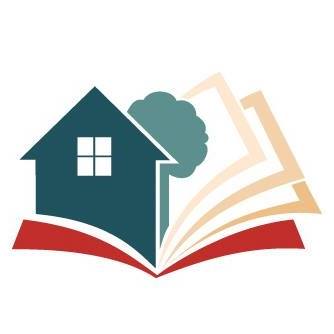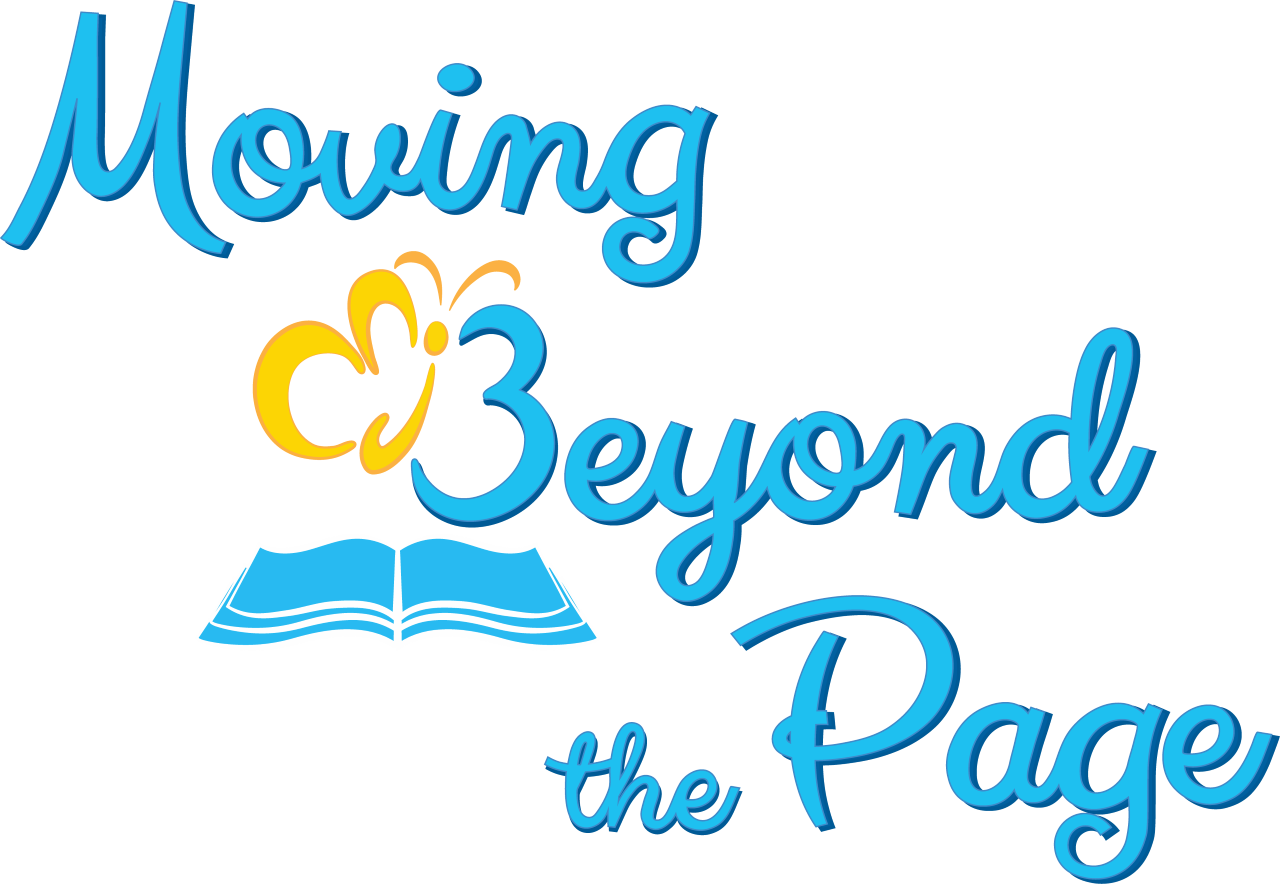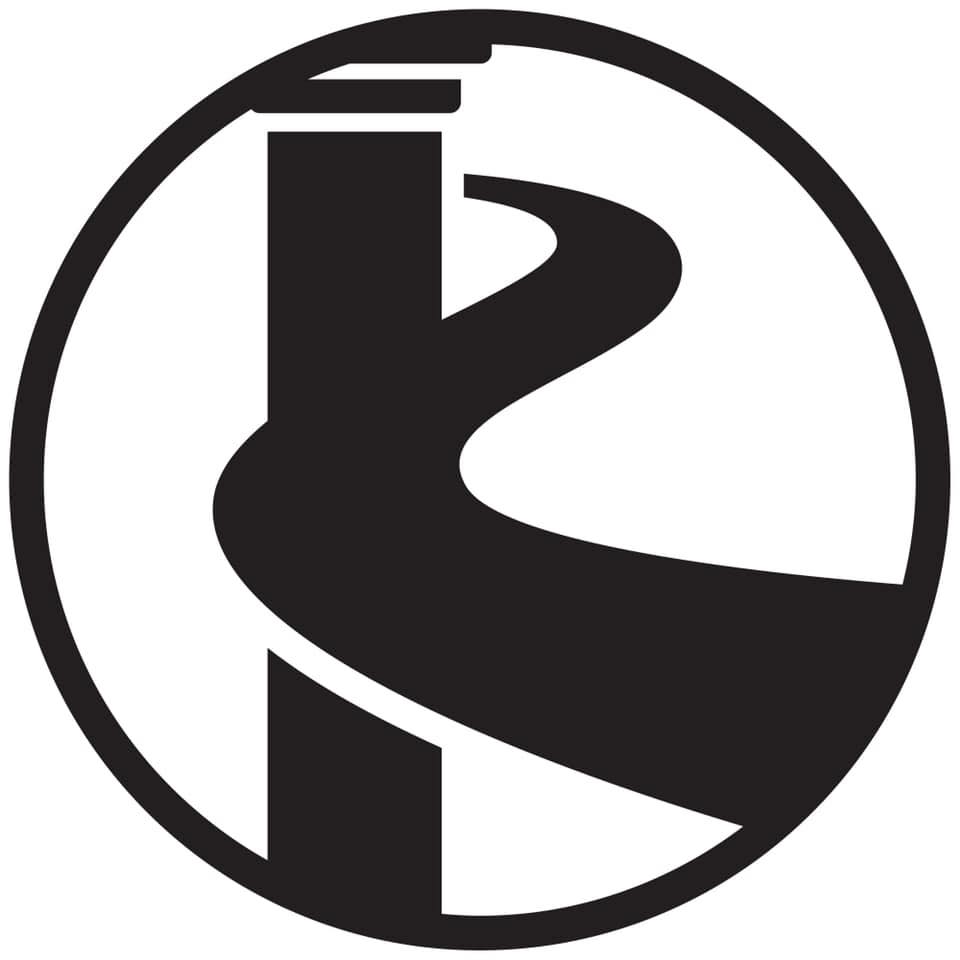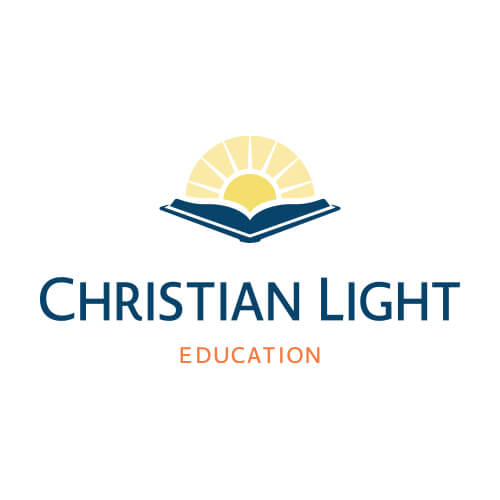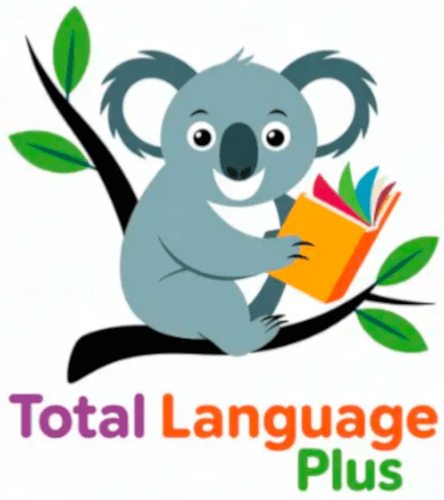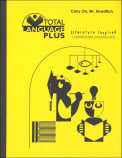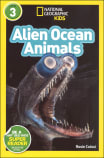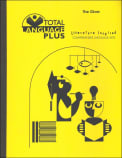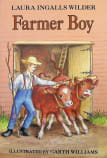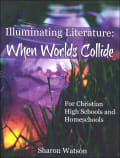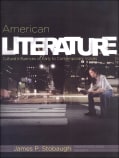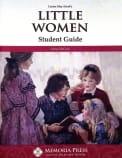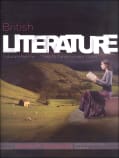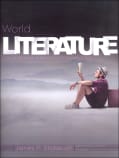- Reading / Literature Programs
- Abeka Reading
- Abeka Literature
- BJU Press Reading
- BJU Press Literature
- Christian Liberty Homeschools Reading
- Christian Light Reading Programs
- Generations Reading Curriculum
- HMH Reading Curriculum
- Savvas Essentials Foundational Reading
- MaxScholar
- myView Literacy (Savvas)
- Words Aptly Spoken (Classical Conversations Literature)
- Reading Eggs
- Step-by-Step Reading
- Pathway Reading
- Elson Readers
- McGuffey Readers
- Classic Curriculum Reading Workbooks
- Alice and Jerry Basic Reading Program
- Drawn Into the Heart of Reading
- Mosdos Press Literature Series
- Implications of Literature
- Readers in Residence
- Read with the Best
- Essentials in Literature
- LIFEPAC Literature
- Master Books Literature Courses
- Illuminating Literature
- Excellence in Literature: Reading & Writing Through Classics
- Windows to the World: Introduction to Literary Analysis
- Journal Your Thoughts
- Greenleaf Guides to Literature
- Old Western Culture
- The Center For Learning Literature
- Brit Lit for Classical Schools
- Abeka Reading
- Instructional Resources / Supplements
- Assessment / Placement
- Reading Aids
- Brilliant Reading Rest
- Thumb Thing for Reading
- FingerFocus Highlighters (Hand2Mind)
- WITHit Booklights
- Mark-My-Time Digital Booklights
- MiniFlex 2 Book Lights
- MiniFlex 3 Book Light Sets
- Hands Stand Holder
- Reading Helper
- Double Wide Sentence Strip Reading Guides
- Reading Guide Strips
- Eye Level Reading Rulers
- Big Reading Guides
- See-N-Read Reading Tools
- Other Reading Aids
- Brilliant Reading Rest
- Reading Skills
- Teaching Literary Elements / Genres
- Reading Plans / Recommendations
- Reading Logs
- Study Guides & Books
- AP Literature Guides (Prestwick House)
- Reflections: Student Response Journals for the Classics
- Progeny Press Study Guides & Books
- Sneakerblossom Literature Guides
- Ready Readers
- Great Works Guides: Instructional Guides for Literature
- Veritas Literature Guides
- Memoria Press Literature Guides
- Literature Disguised as Fun (Grades K-12)
- Literature Kits (Novel Study Guides)
- Novel-Ties Study Guides
- Moving Beyond the Page Literature Unit Study Guides
- Logos Reading and Comprehension Series
- Christian Novel Studies Guides and Books
- Novel Units Literature Guides
- Rigorous Reading
- Total Language Plus Study Guides
- P & R Books and Study Guides
- Discovering Literature Series
- Standards-Based Literature Guides
- Carol Kinsey Books and Study Guides (Creative Writing Through Literature)
- Rocketbook Study Guide DVDs
- Walking to Wisdom Literature Guides
- SparkNotes Literature Guides
- Barron's Literature Made Easy
- BJU Press Booklinks
- Perfection Learning Study Guides
- TG Handbooks for Literature (Previously LIT Guides)
- Engaging Young Minds Literature Guides
- Holt, Rhinehart and Winston Study Guides
- Compilation Study Guides
- Single Book Study Guides
- Movie / Video Study Guides
- AP Literature Guides (Prestwick House)
- Shakespeare
- Poetry Comprehension / Studies
- Literature Based Studies / Activities
- Reading Responses / Book Reports
- Graded Readers / Anthologies
- All About Reading Story Collections
- Bumble and Bee Early Readers
- First Little Comics (Scholastic)
- Highlights Puzzle Readers
- Let's Find Out Readers
- Let's Find Out: My Rebus Readers
- National Geographic Readers
- Reading-Literature Readers
- Ready to Read Readers Simon & Schuster
- Ripley Readers
- Scholastic Readers
- Side by Side Readers
- Bright Owl Books
- Junior Learning Decodable Readers
- Junior Learning Fantail Readers
- DK Readers
- DK Super Readers
- Step into Reading
- I Can Read Books
- Rodale Kids Leveled Readers
- Life of Fred Eden Series
- Downloadable Stories
- Green Light Readers
- Grow & Read (Nocturnals)
- Read it Yourself with Ladybird
- Smithsonian Readers
- Discovery Leveled Readers
- Kingfisher Readers
- Penguin Young Readers (formerly All Aboard)
- Memoria Press Poetry Anthologies
- All About Reading Story Collections
- New Products - Reading
- Reading / Literature Clearance Sale Items !!
- Not Yet Categorized Reading Products
Reading Programs
Once students have obtained foundational reading skills, it’s time to practice and cultivate them while engaging with a wide array of literature styles and topics. Options range from traditional, multi-grade programs using shorter writings, to novel (whole book) studies and literature guides. Leveled readers, poetry, study guides, or reading aids and tools help students become fluent.
Curriculum by Grade
Download the Literature Guide Chart or the Reading Level Chart.
Featured Products in Reading
Reading by Topic
These icons are designed to help you quickly understand and learn important information about our products.
Teaching Method
Traditional
Teacher-centered curriculum commonly used in classrooms that may include a text, teacher manual, tests, etc.
Charlotte Mason
A methodology based on the work of a 19th century educator who maintained that children learn best from literature (Living Books), not textbooks.
Classical
A methodology based on the Latin Trivium (three stages of learning), including the grammar stage (memorization and facts), logic stage (critical thinking), and rhetoric stage (developing/defending ideas).
Unit Study
A thematic or topical approach centered around one topic that integrates multiple subject areas.
Montessori (Discovery)
A methodology based on the work of a 20th century educator that emphasizes student and sensory-driven discovery learning and real-life applications.
Other
Other methodologies
Religious Content
Secular
Contains content contrary to common Christian beliefs (i.e. evolution).
Neutral
Avoids religious or theoretical topics or presents multiple viewpoints without preference.
Christian/Religious
Faith-based or including instructional religious content.
Learning Modality
Auditory
Learns through listening, talking out loud or reading out loud.
Visual
Learns through seeing, prefers written instructions and visual materials.
Kinesthetic/Tactile (Hands-On)
Learns through moving, doing and touching.
Multi-Sensory
Curriculum that employ a variety of activities/components.
Presentation
Sequential
Curriculum progresses through well-defined learning objectives. Emphasizes mastery before moving to the next topic.
Spiral
Topics and concepts are repeated from level to level, adding more depth at each pass and connecting with review.
Conceptual/Topical
Focus is on the “why,” often with a unifying concept as well as specific skills; coverage may be broader.
Teacher Involvement
Low Teacher Involvement
Student-led materials; parent acts as a facilitator.
Medium Teacher Involvement
A mix of teacher-led time and independent student work.
High Teacher Involvement
Teacher-led lessons; may utilize discussions, hands-on activities and working together.
Additional Materials Required
No other materials needed
Everything you need is included.
Other Materials Required
There are additional required resources that are a separate purchase.
Other Materials Optional
There are additional resources mentioned or recommended but are not absolutely necessary.
Consumable
Consumable
Designed to be written in; not reusable.
Non-Consumable
Not designed to be written in; reusable.

